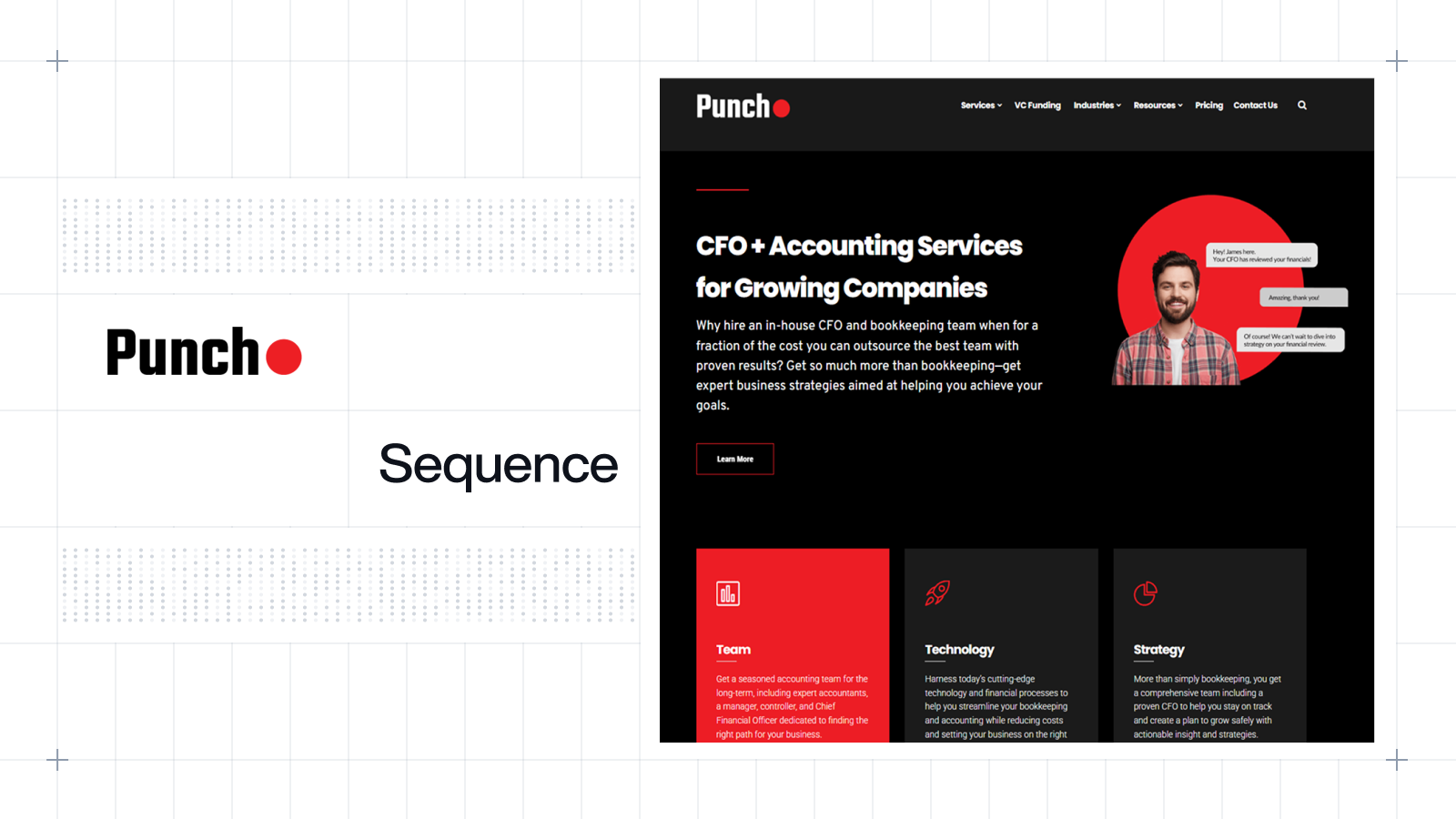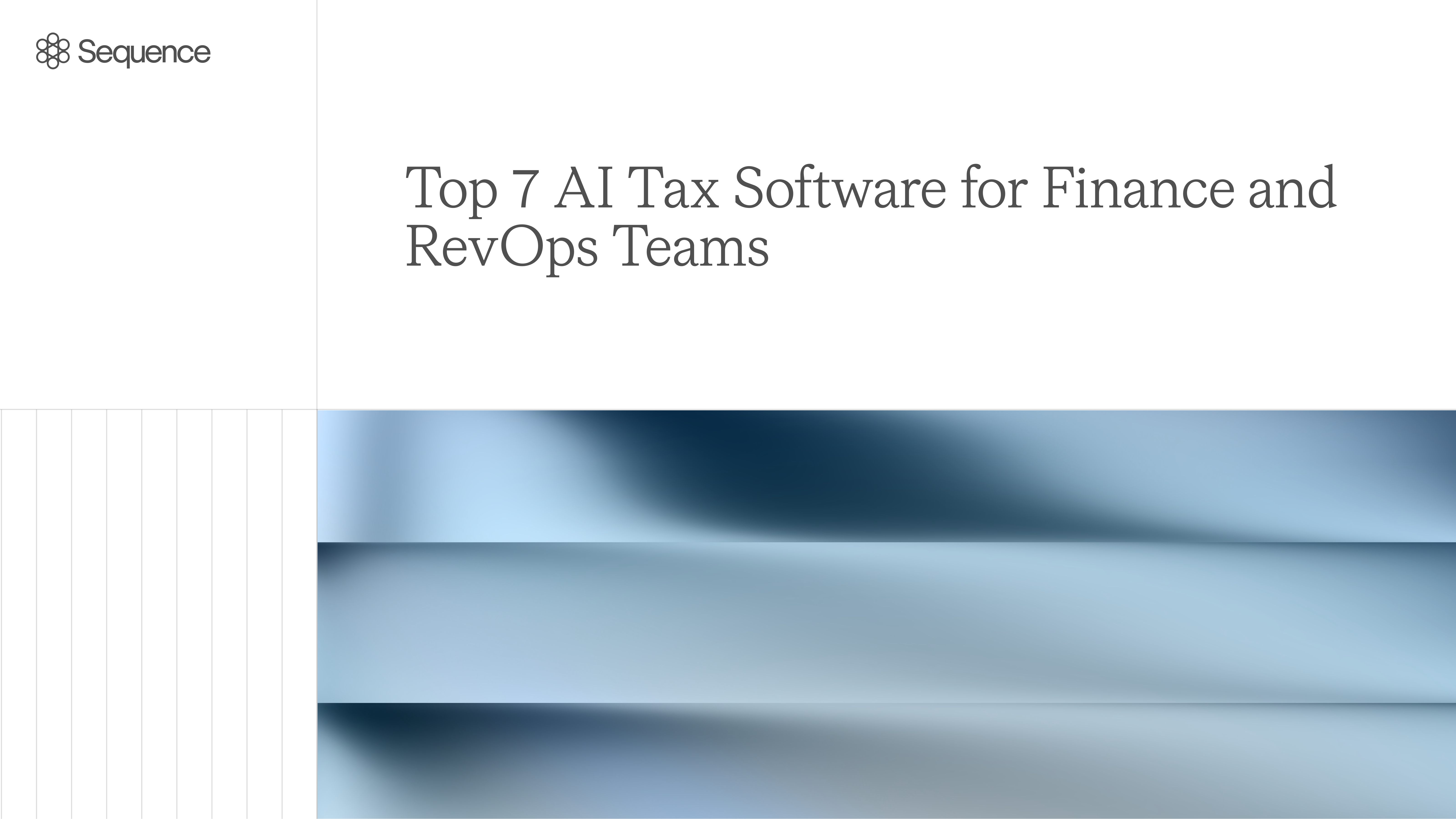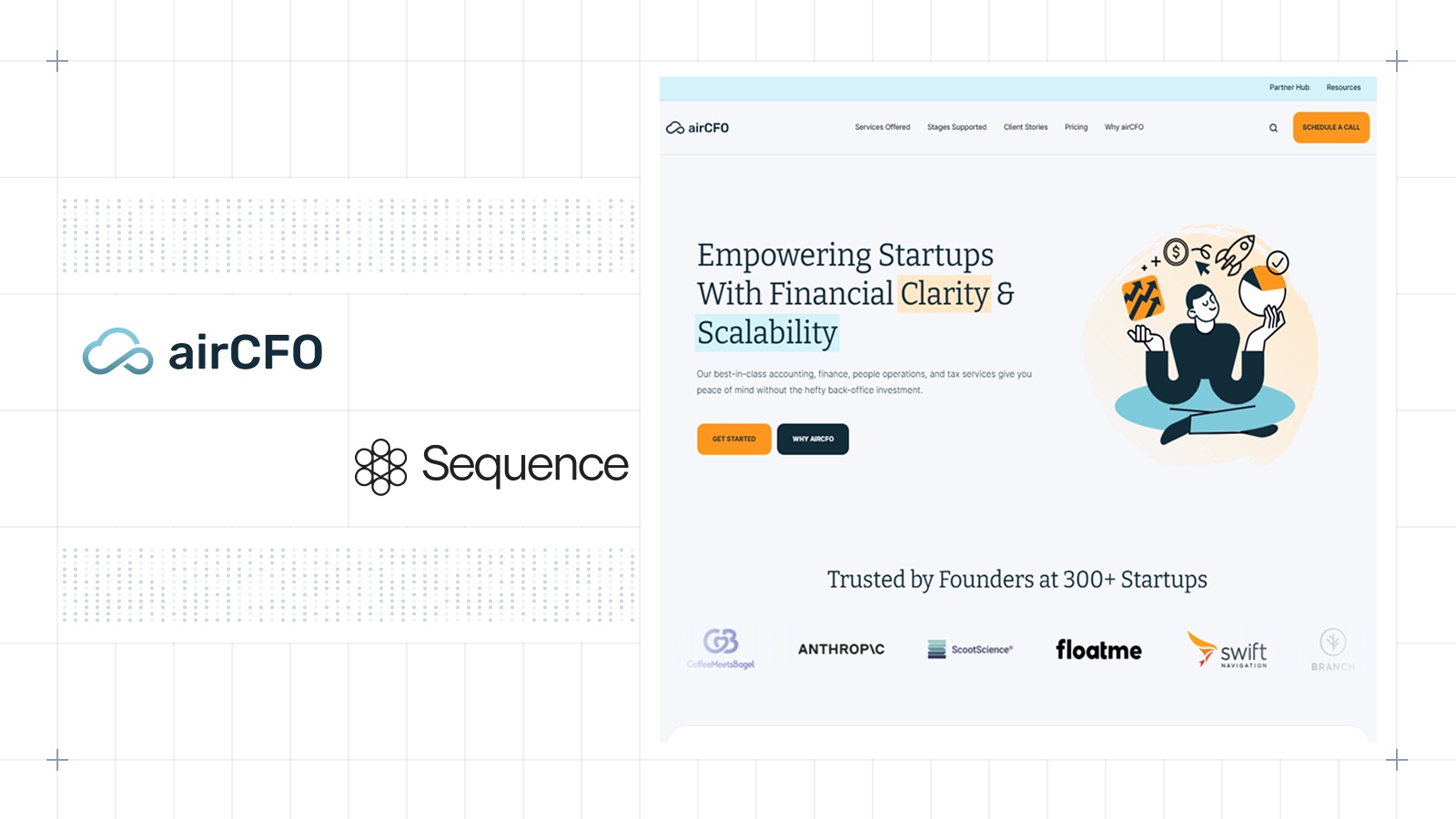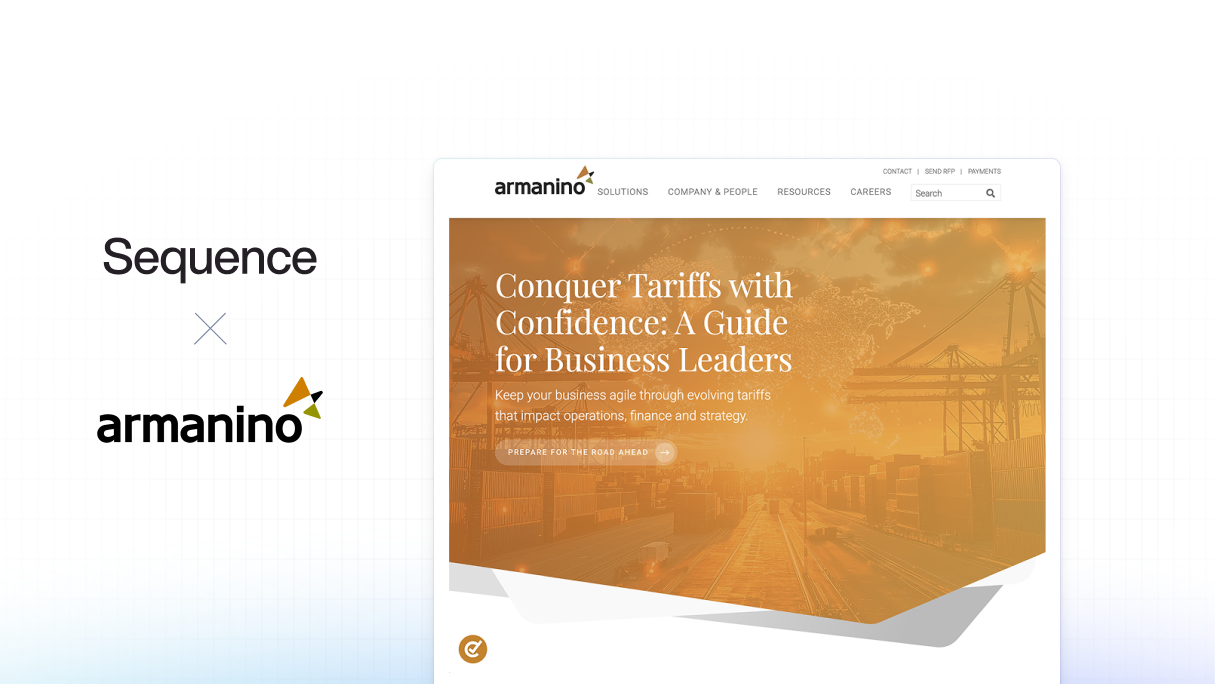Enda Cahill
The Fractional Finance Playbook: Lessons from 20+ Years of Scaling Startups
Frank Mastronuzzi has guided hundreds of fast-growing companies through their most critical financial decisions at Punch. His firm focuses exclusively on helping AI and SaaS companies navigate from zero to $100M ARR, with deep expertise in the specific challenges that emerge at each growth stage.

External pressure creates the urgency for financial discipline
"The trigger is usually external readers of the company; investors, banks, start asking tough questions, which makes the team feel a little bit uncomfortable with preparing for future funding conversations."
Most companies reach out to fractional CFOs after a funding round when investors begin asking deeper financial questions. The smart companies get ahead of this curve.
"When an investor or someone asks the deep question, it's usually kind of late. So it's better to be proactive and get ahead of the curve on those."
Running the business out of a checking account kills runway
"Running their business out of the checking account without any budget or projections" ranks as the most damaging mistake Frank sees repeatedly.
The solution: "If companies start doing budget versus actual variance analysis, meaning at least even a 6 month projection, holding your team and yourself accountable both on the revenue and the expense side, it helps show financial acumen and discipline to your investors."
The stakes are high. Without proper cash management, "the runway went from 12 months to 6 and they're not prepared to raise capital. If you get within that 6 month range, it's really hard to raise the next round when you're running out of cash."
Finance tooling requirements change dramatically by stage
Frank breaks down the essential tools by revenue stage:
Zero to $1M: Cash flow survival mode
- Budgeting tools for 6-month projections
- Expense management (Brex, Ramp, Routable)
- Focus: "Managing your cash flow to get to that KPI metrics for that next phrase is super critical"
$1M to $10M: Revenue recognition becomes critical
- Revenue recognition tools (Sequence)
- Sales and use tax compliance (start early, not late)
- Customer acquisition tracking to build the growth story
- Focus: "From 1 to 10, RevRec and sales tax are super critical, and customer acquisition to build that story"
$10M to $100M: Audit-ready sophistication
- Robust ERP systems (move off QuickBooks)
- Advanced sales tax and revenue recognition
- GAAP-compliant financial reporting
- Focus: "If your books aren't in the best GAAP shape, then it makes the attractiveness of investing, acquiring, all those things decrease tremendously"
Founders underestimate the audit trail they're creating
"There is an audit trail, there's something in the accounting systems, and they can see when you're doing your accounting, these investors are getting more savvy and using the technology to their advantage."
The message investors receive: "If you're not managing your finances well, when you have limited cash, what is it going to look like when you have a lot more cash?"
Frank's advice: establish regular book closing, variance analysis, and review processes early. "Not just the reports, but then what are you going to do? So if you missed revenue by 50%, then you got to cut your expenses by 50% if you're going to stay on the same timeline."
Hire from the bottom up, not CFO-first
"They want to hire a CFO, and great. But the CFO tends to not get into the weeds. And so you need someone that's going to get their hands dirty early on."
Frank recommends building the finance team from staff accountant up: "Start with AP, or accounting, staff accountant, and then build, because you can keep us as a fractional CFO always on top as CFO, and build your own internal team."
The rationale: "There are CFOs that are really good at public IPOs, and that's not the same CFO that's going to help you through a merger and acquisition. Until you know what path you're taking, we say don't hire the CFO."
Investors now scrutinize gross margins and COGS classification
The venture community has evolved beyond growth-at-all-costs. "No one used to focus on gross margin and profitability. You can't run a profitable business if your gross margins aren't healthy."
Frank sees intensive due diligence on: "What expenses are being included in COGS and what is not, what's below the line, because they really need to understand what the margin is and if this is going to be a profitable, healthy business long term."
The benchmark: "If you're not above 55 to 60% in gross margin, it's very, very hard to run a profitable business."
For AI companies specifically, investors dig deeper into churn rates: "There's a lot of customers that are coming to see to make sure they're not missing out on the AI trends. But then they're not renewing because the product's not customized to their specific needs."
AI helps with analysis, but team discipline drives results
Frank uses AI for variance analysis and identifying expense anomalies, but emphasizes the human element: "Using the AI to shorten that analysis cycle of variance, but having a good healthy rhythm with the management team when reviewing budget and financials with the whole senior management team."
The breakthrough comes from cross-functional visibility: "The tech team's overruns are reducing marketing's budget to be able to go spend more on customer acquisition. They never really hear that until we pull them in and do variance analysis."
Founders must understand their financial levers
"Founders that don't know their numbers inherently day in and day out and know the levers, it's always a recipe for disaster. If you don't know your triggers, the lever you can pull for managing costs and expenses and driving more revenue, then you shouldn't be in the cockpit of flying the plane."
Frank's core advice: always ask advisors for best practices. "What should I be doing? Is what we're doing the best practice for a startup at this stage? And every provider should be able to answer that."
The most successful founders treat cash management as their number 1 metric and build financial discipline early, before external pressure forces reactive scrambling. Those who wait find themselves explaining to investors why their numbers don't support their growth story when funding depends on it.
Enda Cahill
Related articles

Top 7 AI Tax Software for Finance and RevOps Teams
Today’s scaling SaaS companies are dealing with sales tax thresholds in the US, VAT requirements across Europe, and digital services taxes cropping up everywhere. The traditional way of managing indirect tax—spreadsheets and manual filing-–doesn’t hold up to this complexity. AI tax software is changing that. These programs don’t just calculate the right amount of sales tax or VAT to collect, they predict where your business will trigger nexus, take care of tax filing and payment, and handle cross-border compliance without manual work. These AI-powered tools are a fit for every tax use case.
Donal McKeon

How airCFO helps startups build scalable back office operations: Lessons from 200+ early-stage companies
Most founders treat their back office as an operational necessity. Alex Wittenberg and his team at airCFO turn it into a competitive advantage. After supporting 200+ early-stage VC-backed startups, airCFO has identified the patterns that separate companies with scalable financial operations from those constantly fighting fires. We spoke with Alex about the mistakes that create operational debt, the tooling decisions that matter at each stage, and how AI is changing what finance teams actually do.
Enda Cahill

24 Years at Armanino: Building Scalable Finance Teams
Dean Quiambao has watched Armanino grow from 80 people to 3,000 employees during his 24 years at the firm. During this time, he has guided 100s of venture-backed companies through their most critical growth stages. Here are his highlight takeaways.
Enda Cahill